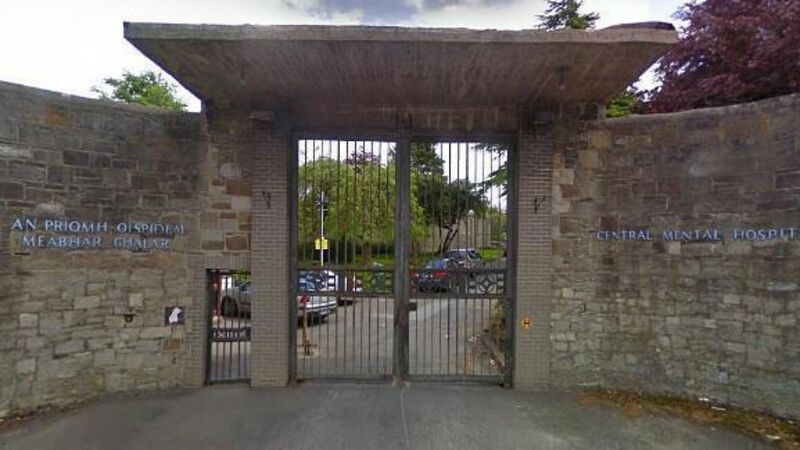Incidents of physically restraining mentally ill patients up 57% in last 10 years

Incidents of physically restraining mentally ill patients and locking them up alone in a room have increased in practice by 57% at mental health facilities over the last 10 years.
Mentally ill patients were physically restrained for 639 hours last year, according to a new report by the Mental Health Commission.
This was an increase from the 558 hours of physical restraint reported nationally in 2017.
There were 7,420 episodes of restrictive practices reported in 2017 and 7,464 in 2018.
And the average time that mentally ill patients were locked up alone in a room for was 111 hours in the Central Mental Hospital last year.
This is an increase from the 88 hours recorded in 2017.
But excluding statistics from the Central Mental Hospital, the average duration of an episode of seclusion dropped very slightly from 16 hours 8 minutes in 2017 to 15 hours 53 minute in 2018. However, this is still significantly higher than the average of 13 hours 6 minutes in 2016.
In 2017, there were 1,392 episodes of seclusion, a decrease from the 1,475 episodes in 2016, but which again increased in 2018 to 1,799.
South Tipperary, Carlow, Kilkenny, Waterford, and Wexford was the HSE Community Healthcare Organisation (CHO) with the highest rate of seclusion per population in both 2017 and 2018.
While the CHO with the lowest rate of episodes of seclusion per population in both years was Clare, Limerick, North Tipperary/East Limerick.
Only one approved centre - the Central Mental Hospital - reported the use of mechanical restraint, with all episodes involving the use of handcuffs.
Chief executive of the Mental Health Commission John Farrelly said that while the report clearly demonstrated an open culture of reporting, it also evidenced a lack of oversight and governance in the use of restrictive practices by the Health Service Executive (HSE) over a 10-year period.
It’s very heartening that the people working in our mental health services are both forthcoming and honest when it comes to reporting instances of restrictive practices.
“However, we also have to acknowledge that we have a cultural issue when it comes to the use of restrictive practices in this country that we need to tackle without delay. When one considers that there is no evidence of a therapeutic benefit associated with the use of restrictive practices, and limited evidence of restrictive practices reducing behaviours of violence and aggression, it is disappointing to note that episodes of restrictive practices in this country have increased by 57% in just 10 years."
Fianna Fáil spokesperson for Mental Health James Browne went further and called the latest report from the Mental Health Commission "shameful".
“These techniques include locking vulnerable patients in a room on their own or restraining patients so that they can’t move. This is a violation of a patient’s basic human rights and is of no health benefit," he said.





